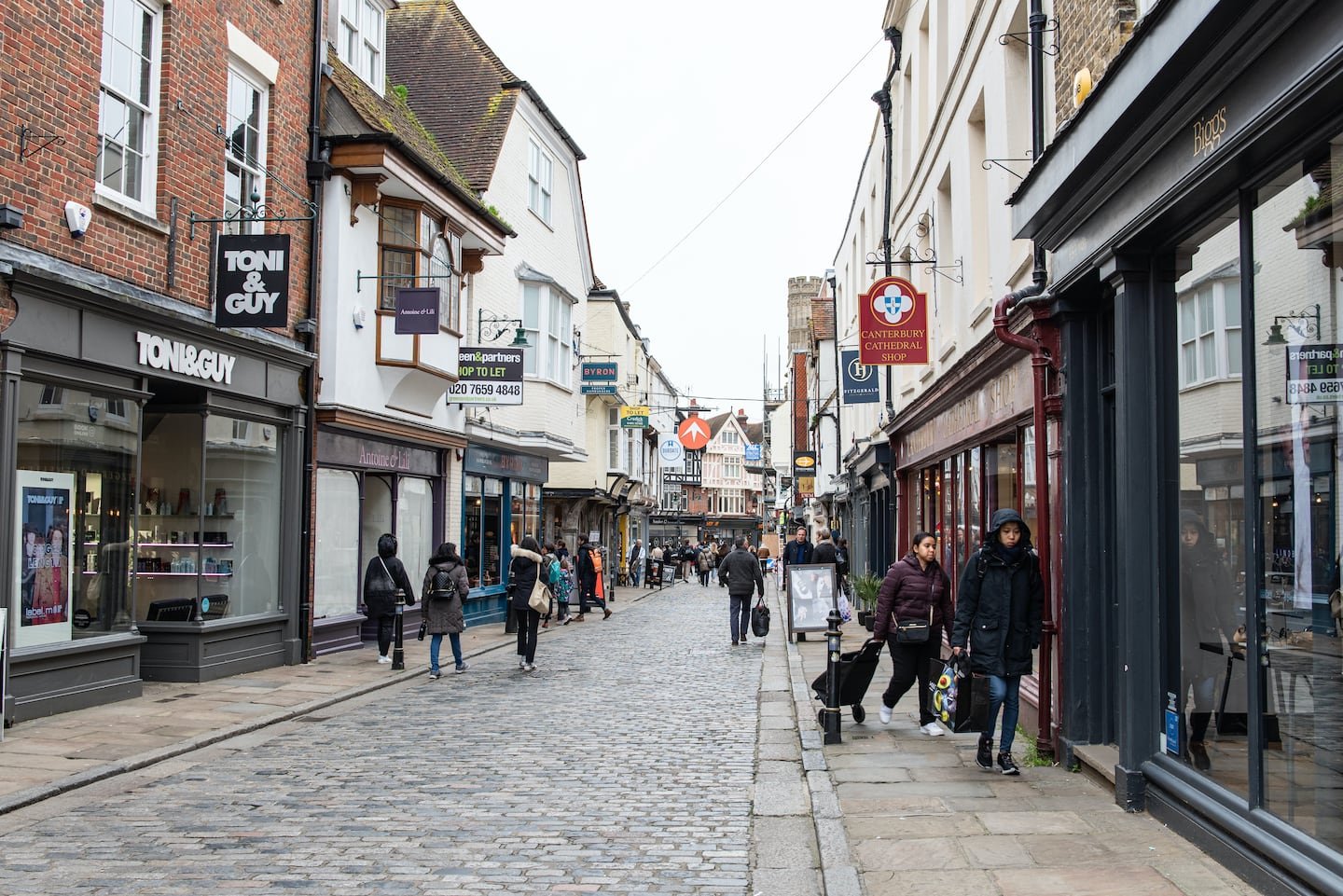
The Business of Fashion
Agenda-setting intelligence, analysis and advice for the global fashion community.

Agenda-setting intelligence, analysis and advice for the global fashion community.

LONDON, United Kingdom — Chancellor of the Exchequer Rishi Sunak scrapped business rates for small firms in an "exceptional step" to help them deal with the disruption caused by the outbreak of coronavirus.
The announcement came hours after the Bank of England cut interest rates, saying it had acted after seeing a "sharp fall" in trading conditions in the last week, particularly in the retail sector and anything driven by discretionary spending.
Business rates, a particular burden for retailers, are taxes to help pay for local services, charged on most commercial properties. They are currently calculated according to the value of a property and have an annual inflationary uplift, or multiplier.
"Our (party political) manifesto promised that for shops, cinemas, restaurants, and music venues with a rateable value of less than £51,000 ($65,943) we would increase their business rates retail discount to 50 percent," Sunak told parliament as he delivered the annual budget.
ADVERTISEMENT
"Today I can go further and take the exceptional step for this coming year of abolishing their business rates altogether."
Britain's retail sector has for years complained that the current business rates system was unfair and needed reform.
Lobby group, the British Retail Consortium (BRC), points out that the industry is the largest private sector employer in Britain, employing about 3 million people. While it accounts for 5 percent of the UK economy, it is burdened with 10 percent of all business taxes, and 25 percent of business rates.
The BRC argues this disparity is damaging Britain's high streets and harming the communities they support.
By Andrew MacAskill and James Davey; editor: Kate Holton
Nordstrom, Tod’s and L’Occitane are all pushing for privatisation. Ultimately, their fate will not be determined by whether they are under the scrutiny of public investors.
The company is in talks with potential investors after filing for insolvency in Europe and closing its US stores. Insiders say efforts to restore the brand to its 1980s heyday clashed with its owners’ desire to quickly juice sales in order to attract a buyer.
The humble trainer, once the reserve of football fans, Britpop kids and the odd skateboarder, has become as ubiquitous as battered Converse All Stars in the 00s indie sleaze years.
Manhattanites had little love for the $25 billion megaproject when it opened five years ago (the pandemic lockdowns didn't help, either). But a constantly shifting mix of stores, restaurants and experiences is now drawing large numbers of both locals and tourists.